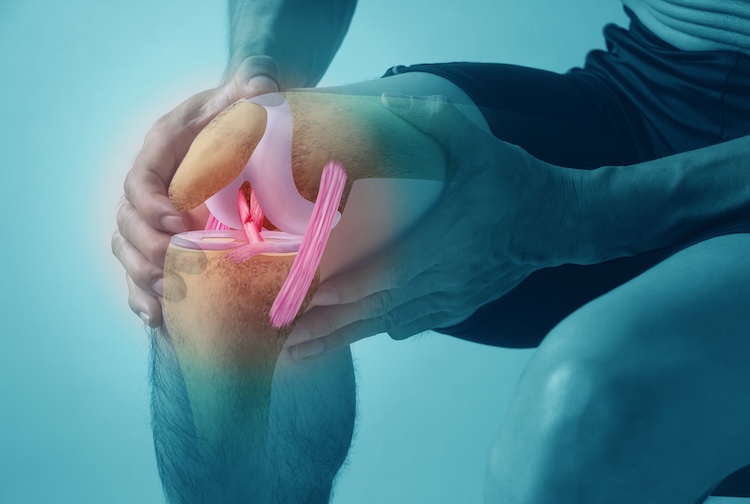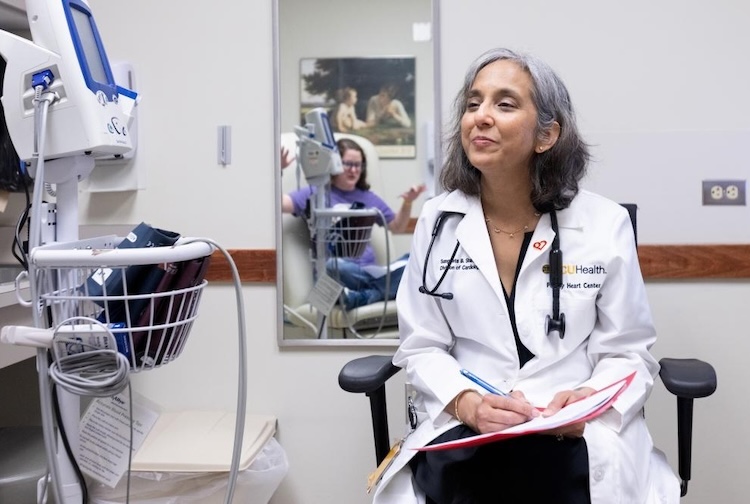Quitting Tobacco and Nicotine Products
November 09, 2020
Smoking and using any type of tobacco or nicotine product is harmful. This includes cigarettes, e-cigarettes, cigars, pipes, hookahs, chewing tobacco, dip, chew, and snuff. About half of people who smoke or use tobacco or nicotine products will die of smoking-related problems.
There are over 7,000 chemicals in tobacco smoke. 250 of these chemicals are known to be harmful. 69 of these harmful chemicals are known to cause cancer. Smoking causes cancers of the lung, esophagus, larynx, mouth, throat, kidney, bladder, liver, pancreas, stomach, cervix, colon, and rectum. Smoking also causes heart disease, strokes, breathing diseases like asthma and COPD, and diabetes to name a few.
The longer you smoke, the more likely you will experience problems from smoking, including dying earlier.
Quitting smoking is important for your health. Once you quit, your body's circulation and blood pressure become more normal. It becomes easier to breathe and you will be able to smell and taste things better. You will also be less likely to develop cancer and other diseases. Quitting smoking will help your chances of living a longer and healthier life.
Even though it is important to stop smoking, quitting smoking can be very hard. The VCU Medical Center Health and Wellness Library has created a resource guide to help you learn more about smoking and tips to help you quit. To view the Quit Tobacco and Nicotine Products guide visit: https://guides.library.vcu.edu/smoking
The Health and Wellness Library is also hosting a Quitting Tobacco and Nicotine Products program on Thursday November 12 at noon via Zoom. To register, visit: https://vcu.libcal.com/event/7261527
For more information about how to stop smoking, visit us on the ground floor of the VCU Health Gateway Building in room G-112, or follow us on Facebook.




